Jury Discharged in High-Profile Australian Beach Murder Trial
Deadlocked Jury Unable to Reach Verdict in Trial of Former Nurse Accused of Murdering Toyah Cordingley
A jury in the trial of Rajwinder Singh, a former nurse accused of murdering a woman on a remote Australian beach, has been discharged after failing to reach a verdict.
Toyah Cordingley, 24, was stabbed at least 26 times while walking her dog in October 2018. Her body was discovered by her father, partially buried in the sand dunes at Wangetti Beach, located between the tourist hubs of Cairns and Port Douglas.
Singh, 40, left Australia for India the day after Cordingley’s body was found. He was later arrested and extradited back to Australia in 2023, where he faced trial at Cairns Supreme Court.
However, after two and a half days of deliberations, the jury informed the judge they were deadlocked and unable to deliver a unanimous verdict. Under Queensland law, murder convictions require a unanimous decision, meaning Singh will now face a retrial. The judge commended the jury for their “diligence” in considering the case.
Key Evidence and Defense Claims
Originally from Buttar Kalan in Punjab, India, Singh had been living in Innisfail, about two hours south of the crime scene, at the time of the killing.
Prosecutors admitted they were unable to establish a clear motive for the attack on Cordingley, who worked at a health store and volunteered at an animal shelter. They also confirmed there was no evidence of sexual assault.
During the trial, the prosecution presented forensic evidence, including DNA believed to be Singh’s, found on a stick buried in Cordingley’s grave. Mobile phone tower data suggested Cordingley’s phone had moved in a pattern consistent with Singh’s blue Alfa Romeo on the day she disappeared.
Additionally, prosecutors argued that Singh’s sudden departure from Australia, without informing his family or colleagues, indicated guilt.
Singh, however, denied committing the murder. He reportedly told an undercover police officer that he had witnessed the crime but fled the country out of fear for his own life, leaving behind his wife and children.
His defense team argued that while Singh may have been a “coward,” he was not a killer. They criticized the police investigation, claiming it failed to adequately explore other potential suspects. They also highlighted that DNA found on Cordingley’s discarded selfie stick and other parts of the crime scene did not match Singh’s.
“There is an unknown person's DNA at that grave site,” defense barrister Angus Edwards told the jury.
What Happens Next?
With the jury unable to reach a verdict, Singh will now face a retrial. The case remains one of Australia’s most closely watched murder trials, with both the prosecution and defense preparing to argue their case once again in court.


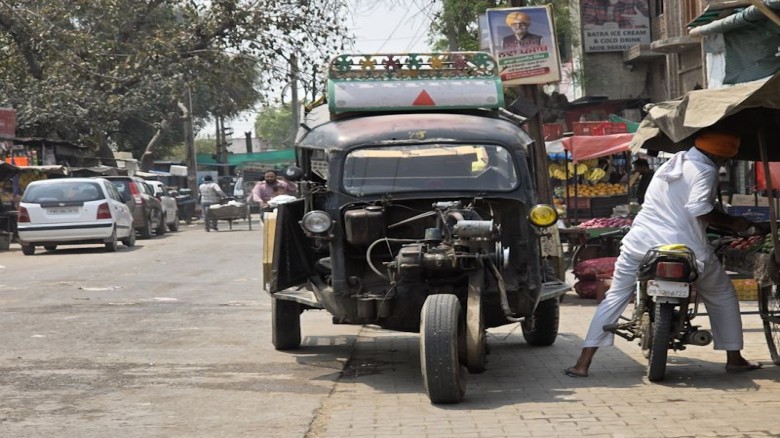

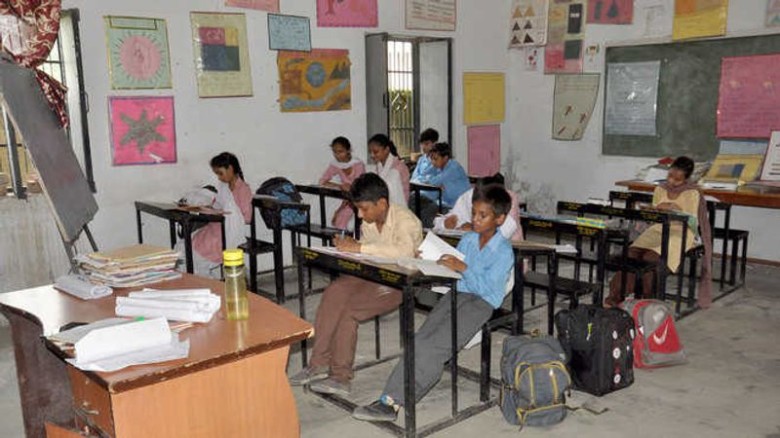













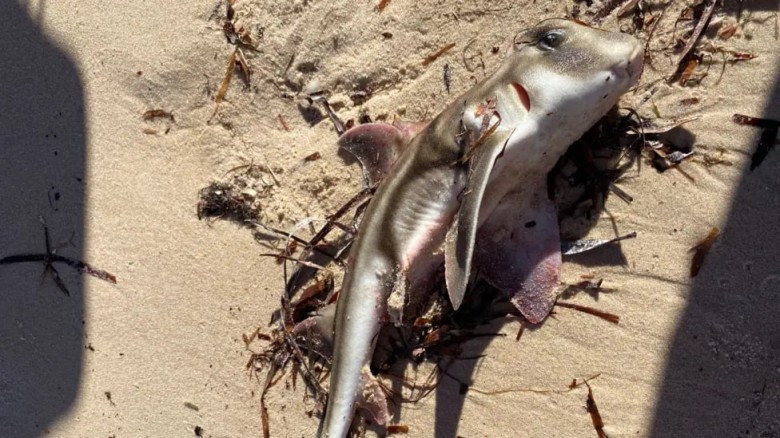

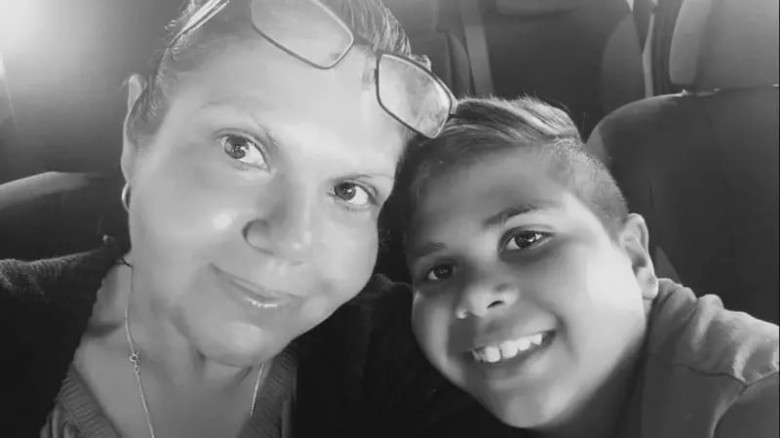
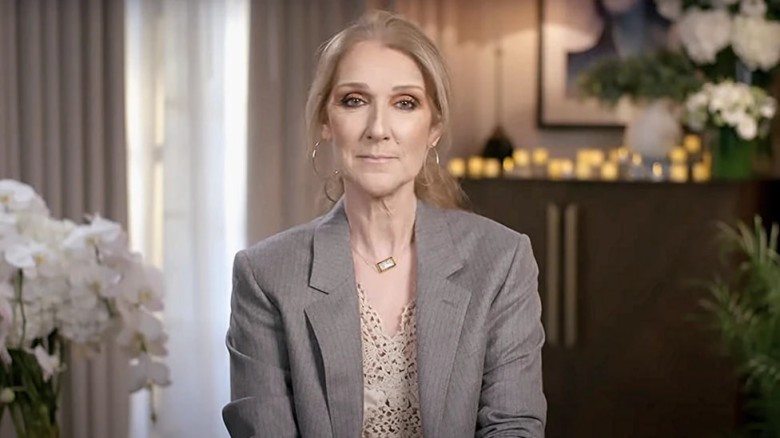



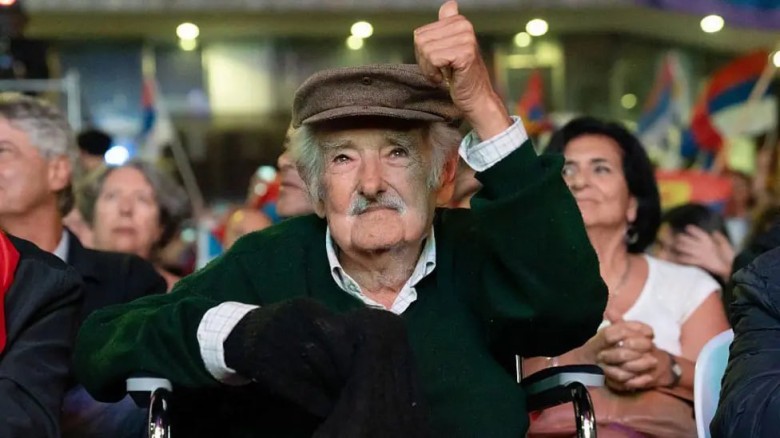























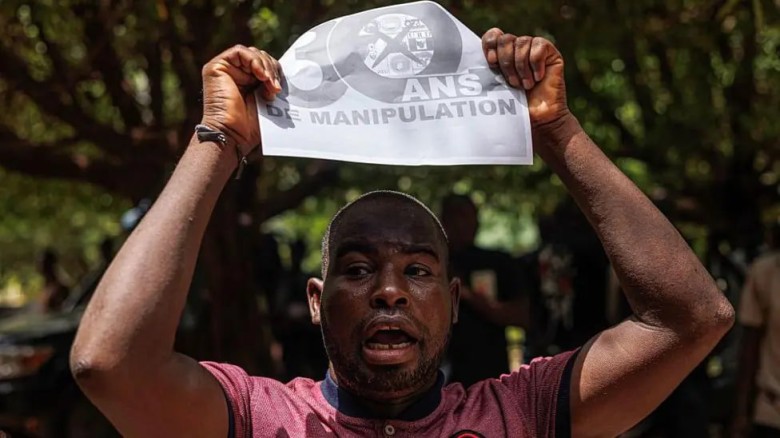
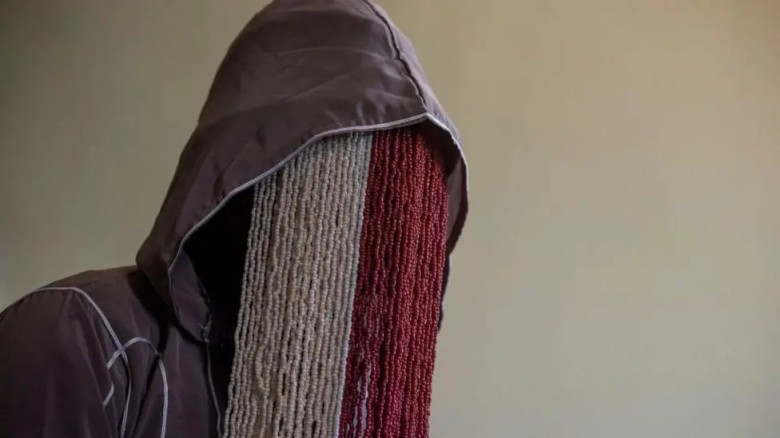



















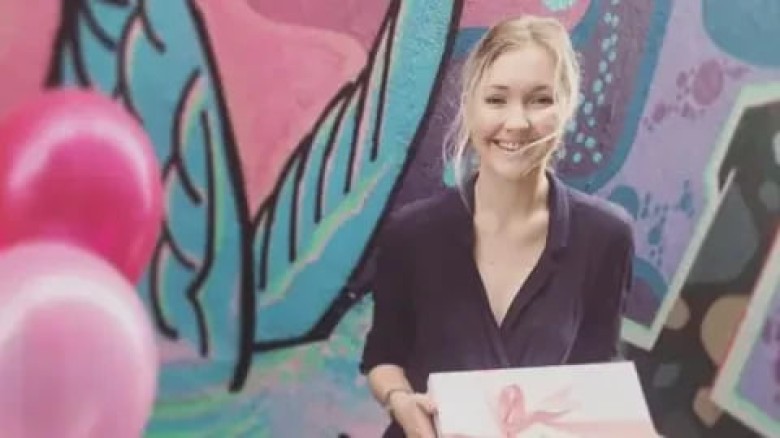


Leave A Comment